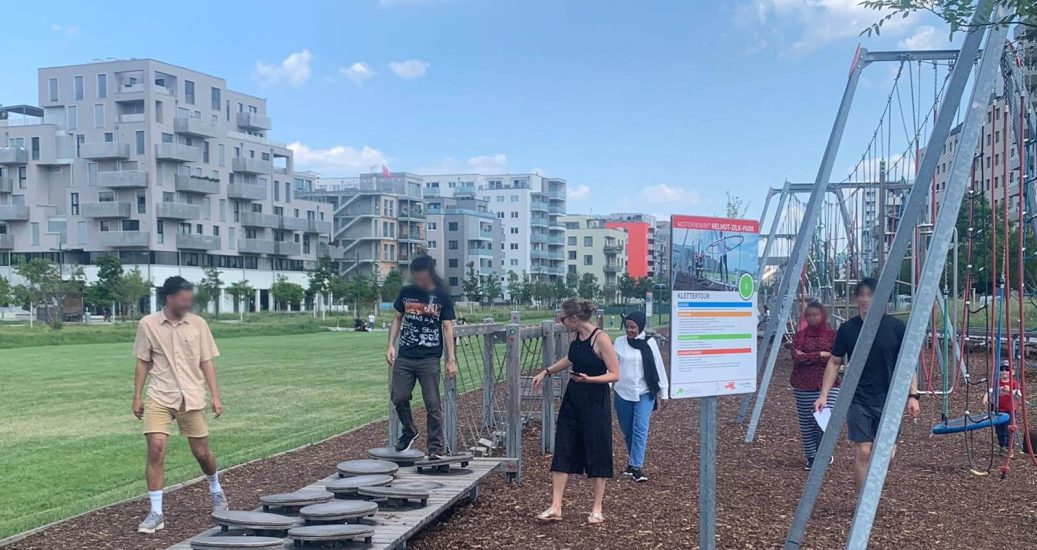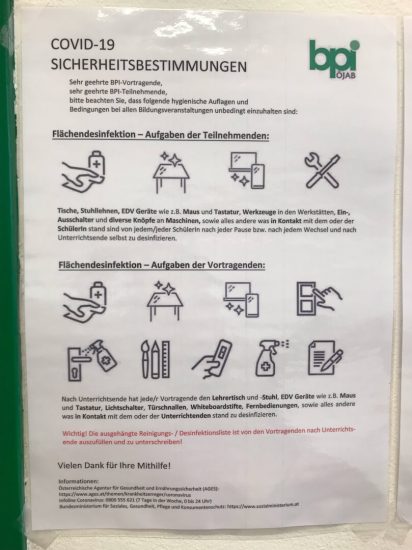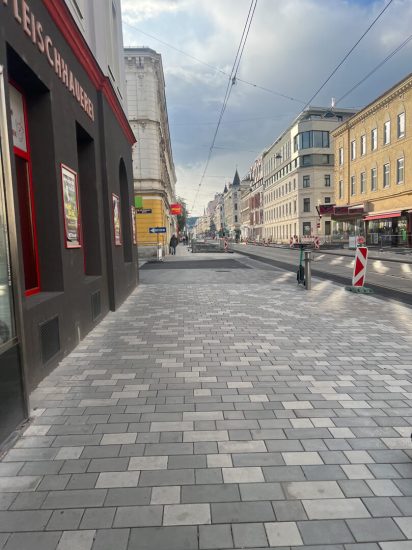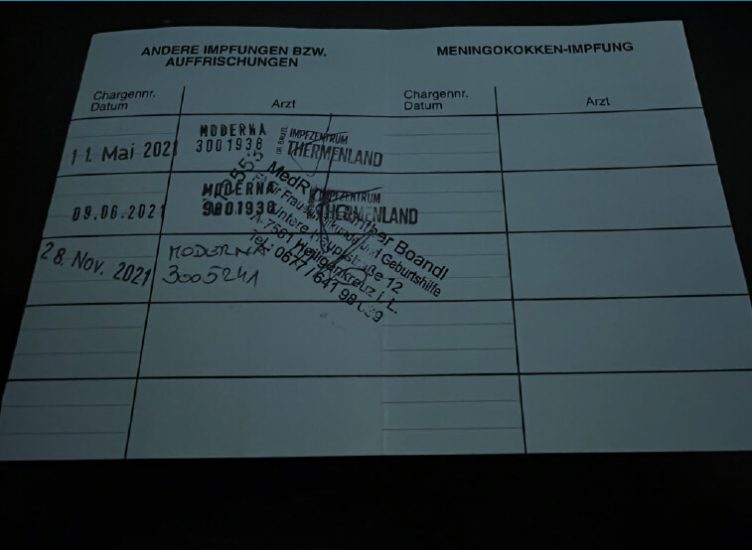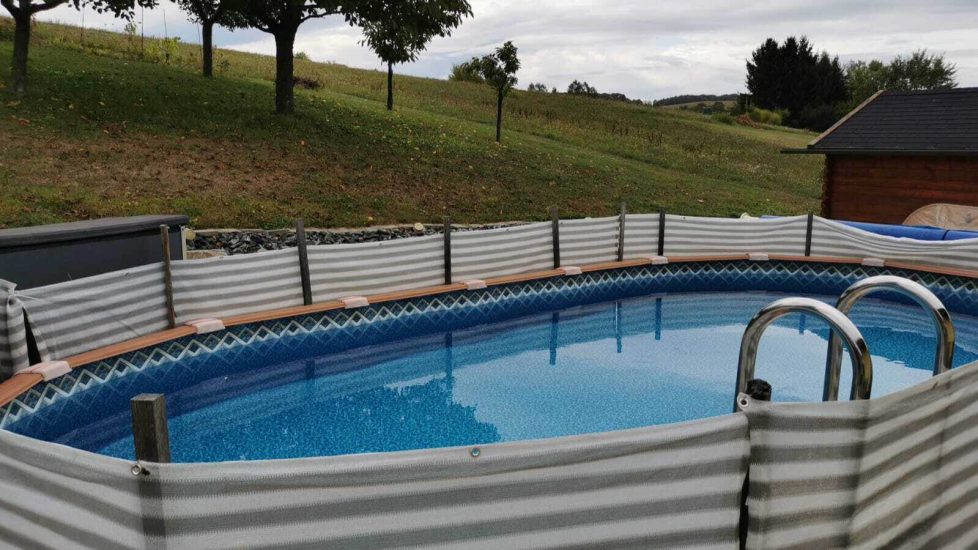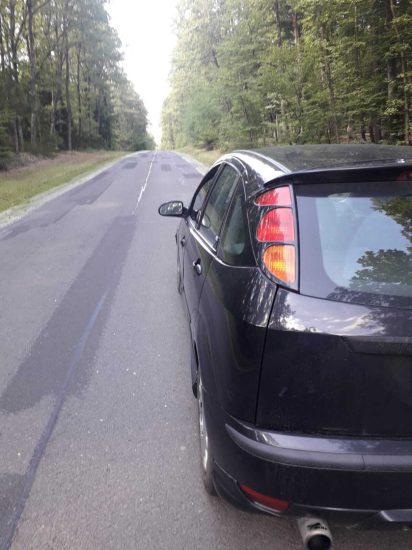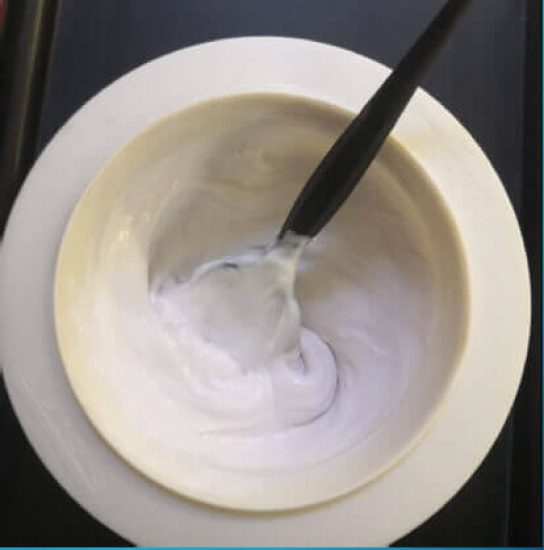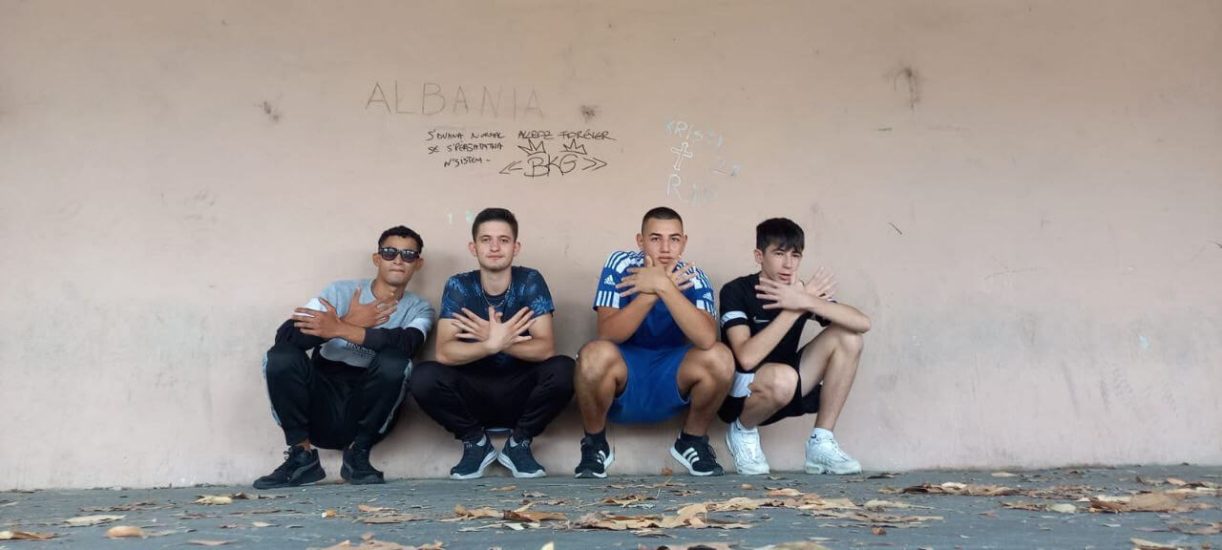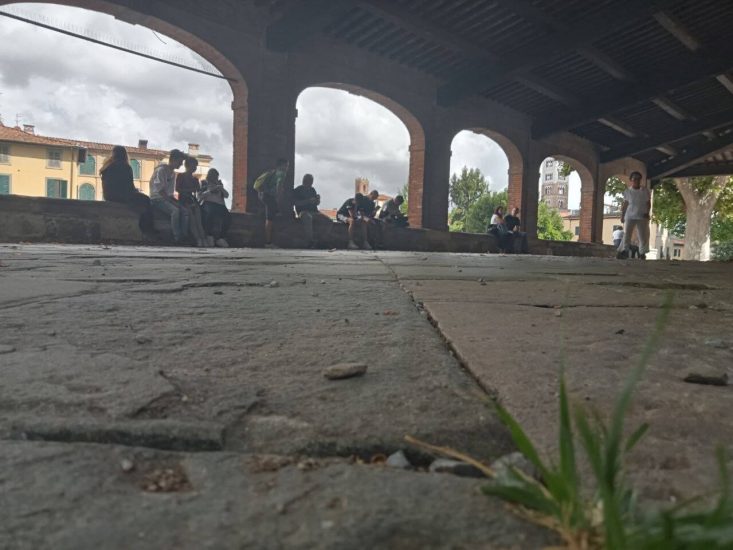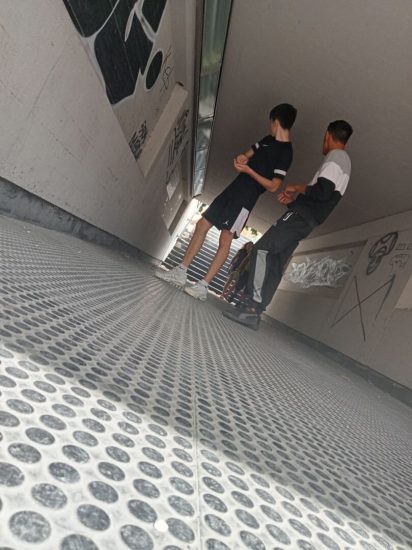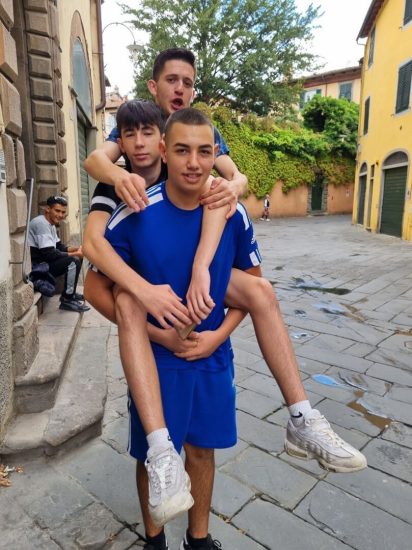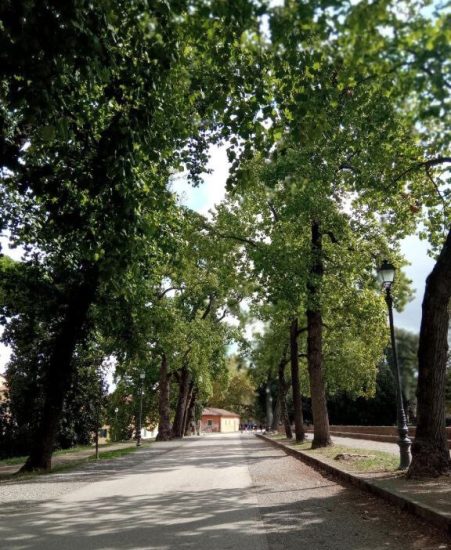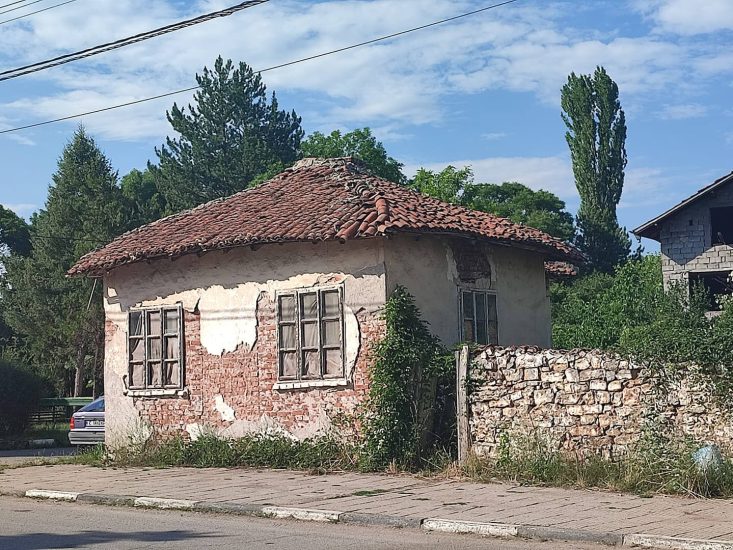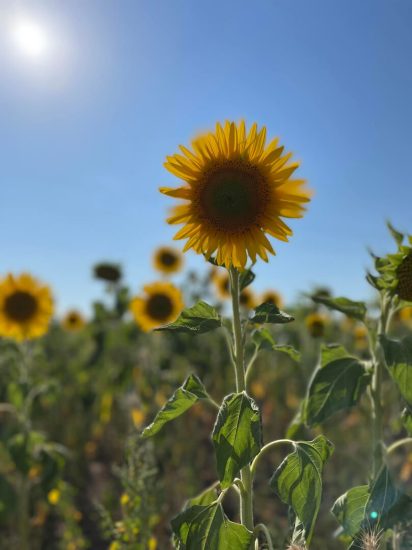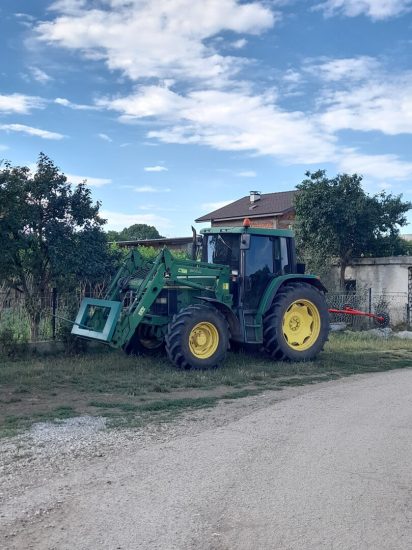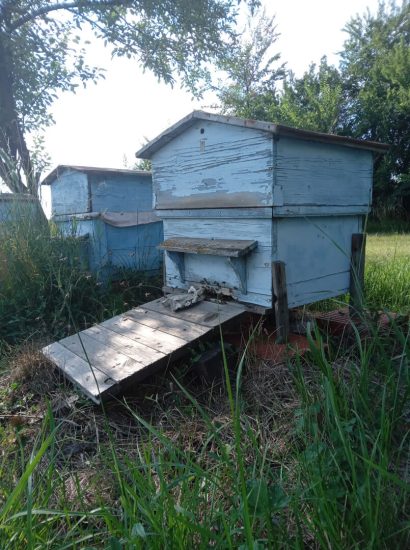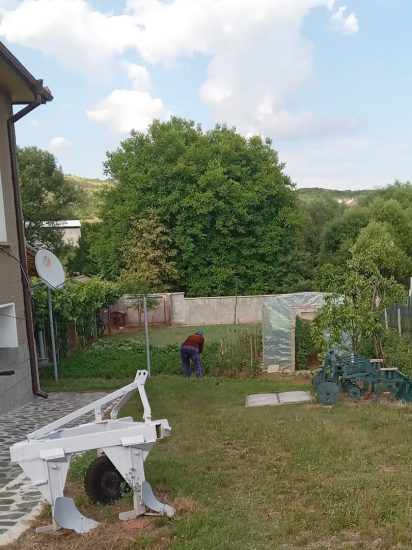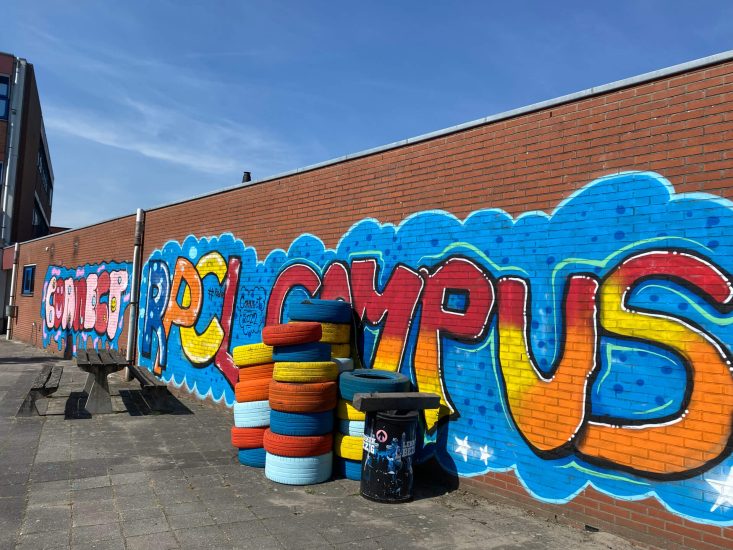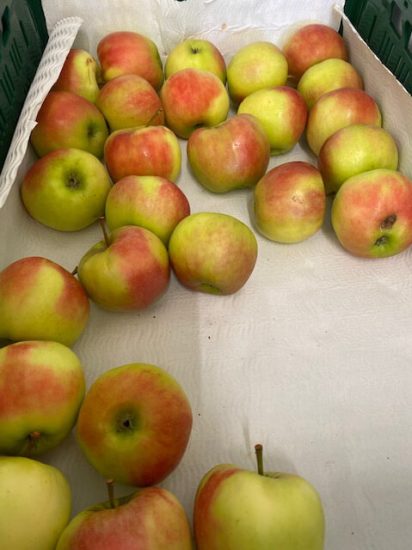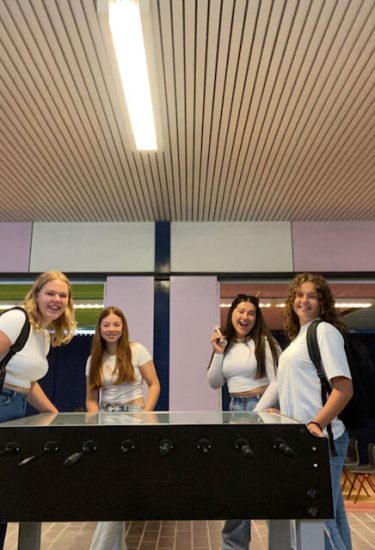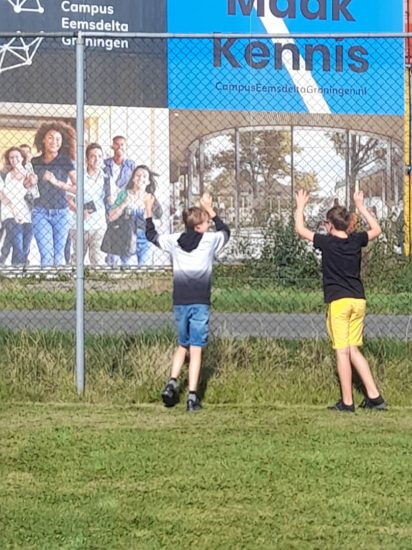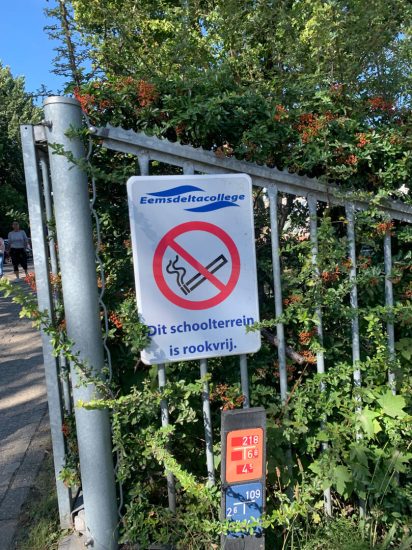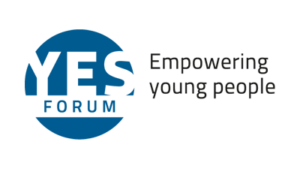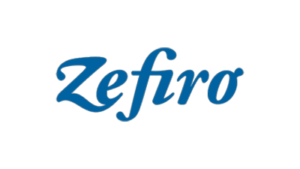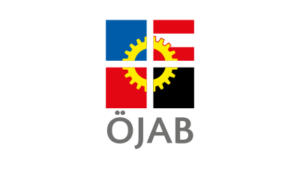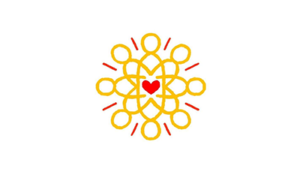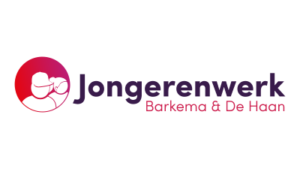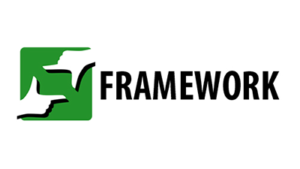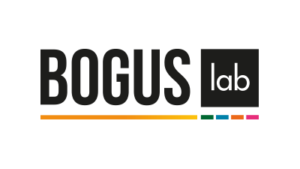The Participants’ Local Photovoice Experiments
After being trained to become Photovoice facilitators themselves, the young students and youth & social workers who took part in the VOICE project went even further: they used Photovoice in their local context, finding meaningful opportunities to apply their new skills!
In this section, you can have a peek at some of their “local Photovoice results”. They are all perfect examples of how Photovoice can provide concrete benefits in many concrete situations in a local context!
“How would you describe the/your integration into the Austrian society?”
The goal of this Photovoice Workshop was to collect information on the integration experience and life in Austria from people who have emigrated from third-world countries in the past six years.
The workshop was conducted by Sabina Šuta-Islamović (ÖJAB) in Vienna with people attending German courses within their integration process.
“What does science mean to you in your daily life?“
This Photovoice Workshop focused on the (non-scientist) public perception of science in everyday life.
The workshop was spontaneously conducted by Sina, a student involved(on behalf of ÖJAB, in Güssing with random people from a local swimming pool of all age groups (working outside the field of science).
“Which places of Lucca make you feel safe or unsafe?”
The photovoice method was realized with a class of drop outs teenagers attending a vocational training course of cooking.
The facilitator let the class understand the operative answer, then the classmates tried to identify the places which for them are safe and unsafe for representing them in pictures for the next step of taking pictures with the PhotoVoice method.
What emerged was that safety was often related to nature, open spaces or wider-angle representations, the presence of people connected to each other (through play, hugging, joking, etc.), the presence of clean spaces and color. Conversely, unsafe places are such because of the people first and foremost and how they choose to behave and/or relate to each other; it is also the neglected, dirty, gray spaces that give more of an idea of unsafety.
The participants invested more energies in describing unsafe environments, including in creating the situations to be represented. Assaults, drug dealing, harassment, invasive contacts, but also abandoned storefronts, semi-open gates, light-dark environments have been staged.
"Represent through photos some of the main challenges to village life."
“Represent through photos some of the main opportunities or strengths of village life. What could be built on to improve the attractiveness of villages and increase their population?”
The local Photovoice activities in Bulgaria were performed during the summer camps organized by the Foundation ”SolidarityWorks”, situated in the village of Drugan in the South-Western region of Bulgaria. The participants involved in the Photovoice activity were 42 teenagers aged 15 to 19 coming from different parts of Bulgaria who took part in our summer camps.
The main focus of performing Photovoice activities was to explore the living conditions in rural areas such as the village of Drugan, with all their difficulties and potential opportunities.
The photos participants presented in response to those tasks served to deepen our follow-up discussion on the present reality of rural life, as well as to imagine potential solutions to the widespread challenges of depopulation, urban migration, and elderly isolation in villages around Bulgaria.
"What does your perfect schooltime look like"
We used photovoice on a new campus in Groningen. We asked 300 students in small groups to make pictures of what their perfect school would look like. Because the campus just started the student board and directors will use the input to improve the school and its surroundings.
1300 other students will have the chance to also participate trough an online survey so they can still send in feedback and pictures.
The aim of the project was to improve the new school and make students feel welcome and comfortable.
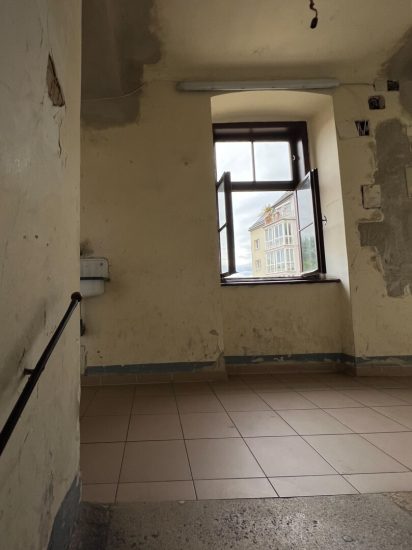
![The following picture contains a classroom in which three different large sheets of paper are hanging on a wall, containing some of the first grammars [rules] newer German learners learn.](https://voice.yes-forum.eu/wp-content/uploads/elementor/thumbs/Austria1_Integration2-pz3minv2lldg6ci26d9muuqah1a94pxcbhqaegf8cg.jpg)
